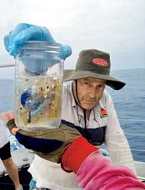
According to the Natural Environment website, 60 to 100 million barrels of oil are required to manufacture a year's worth of plastic bags worldwide, and it takes approximately 400 years at least for a bag to biodegrade. Unfortunately, plastic is the most a common material choice for packaging and carrying in the current disposable society in which we live. Here's the problem, if it takes over 400 years to biodegrade, technically, it's not disposable at all. In reality, we are NEVER getting rid of it, we're just moving it from point A to point B for it to remain at point B FOREVER, or at least 400 years.The impact of plastic bags on our environment is enormous. . Approximately 100,000 sea turtles and other marine animals die every year because they either mistake the bags for food or get strangled in them, says Natural Environment. The "plastic soup" patch floating in the Pacific Ocean is twice the size of the continental United States and is roughly 80 percent plastic, according to The Independent, a British newspaper.
| According to the website Earth 911, reusing or recycling one ton of plastic means the equivalent of 11 barrels of oil are saved, but really does that matter when you consider once the bags exist, they are here to stay? Here are some disturbing facts and figures about plastic bags: Plastic bag facts (From Envirosax.com)
In 2008, China started to ban stores from offering free plastic bags; previously, China had been using 3 billion plastic bags a day, according to Treehugger. One of the most substantial efforts has taken place in Ireland, where a tax has been issued on each plastic bag. Paying the equivalent of 20 cents tax per plastic bag used in a store has led to a 95 percent decrease in usage. Maybe we could cut our national deficit with a plastic bag tax, and reduce usage in the US by 95% as well! And whenever possible, ditch the plastic and choose products with as little packaging as possible! |
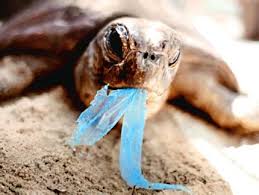
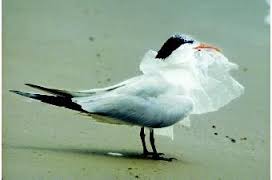
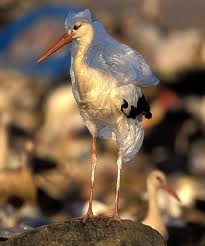
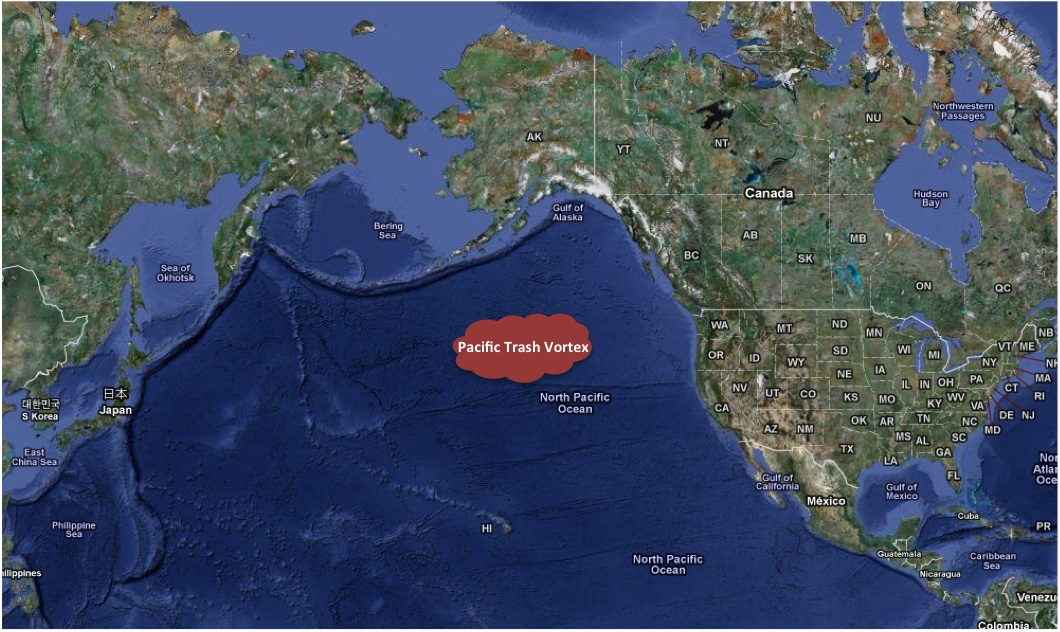
 RSS Feed
RSS Feed
